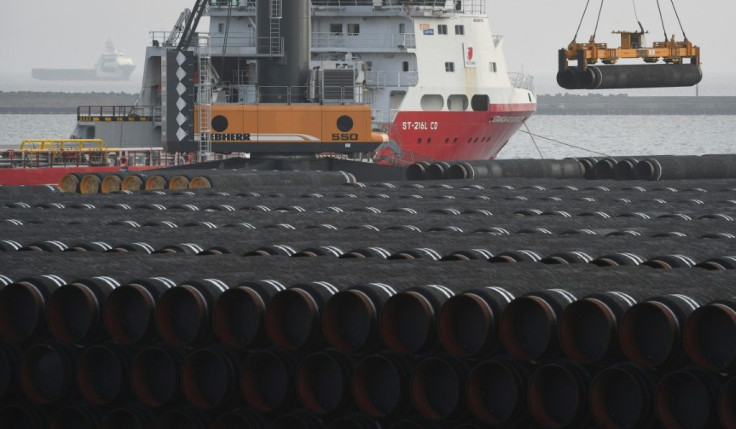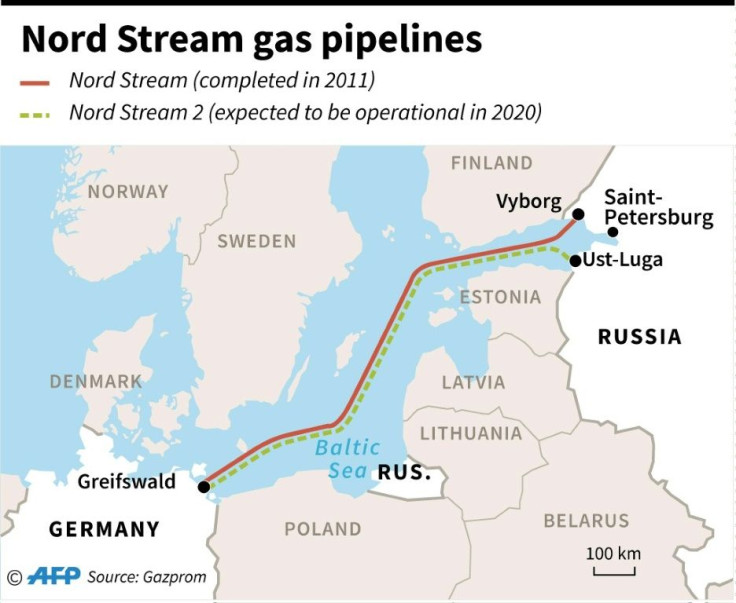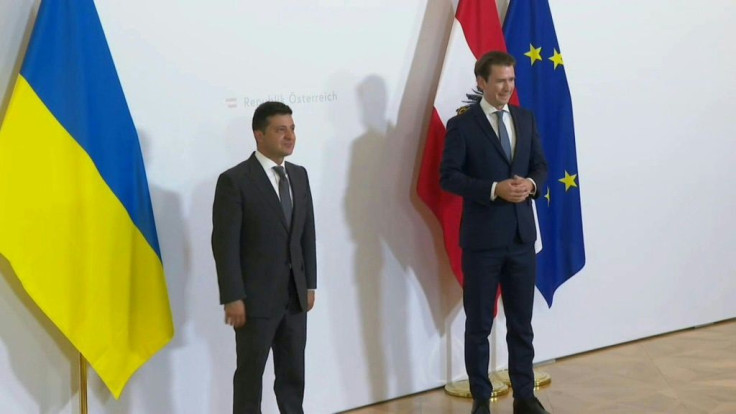Austria Sees 'No Link' Between Navalny And Nord Stream

Austria said Tuesday it saw no need to rethink the planned Nord Stream 2 gas pipeline, despite doubts elsewhere in Europe after the poisoning of Russian opposition figure Alexei Navalny.
Austrian President Alexander Van der Bellen told reporters that he saw "no connection between the Navalny case and Nord Stream 2".
Speaking alongside visiting Ukrainian President Volodymyr Zelensky, he said the pipeline should be considered a separate "commercial project".
Austria's OMV is one of the European companies in the consortium involved in financing the near-completed 10-billion-euro ($11-billion) pipeline, which will run from Russia to Europe beneath the Baltic Sea.
Later on Tuesday Chancellor Sebastian Kurz, also speaking alongside Zelensky, said he agreed with Van der Bellen.

"Nord Stream is for us in Austria... a positive project," Kurz said.
"We think it's good if we have diversification, if we can use different routes for energy production and transport to Europe," Kurz said.
However, he added: "I admit that the President of Ukraine and I have a different perspective on this."

Zelensky said he understood that Austria viewed the project as important for its economy and businesses, but added he would like the pipeline to be seen "from our point of view".
Ukraine currently derives significant income from the transport of Russian gas and fears being sidelined through Nord Stream 2.
Austria's fellow EU members Poland and the Baltic states also oppose the project and the US has applied huge pressure against it.
But Van der Bellen said that "these sorts of questions on economic policy are still decided in Europe, not in Washington".
Germany has been a longstanding defender of the pipeline but Chancellor Angela Merkel said last week that she would not rule out possible consequences for the project if Moscow's response to the Navalny poisoning was not satisfactory.
He was subsequently transferred to Berlin for medical treatment, where doctors said there was "unequivocal evidence" he had been poisoned with a Novichok nerve agent.
Russia has dismissed those findings.
© Copyright AFP {{Year}}. All rights reserved.





















